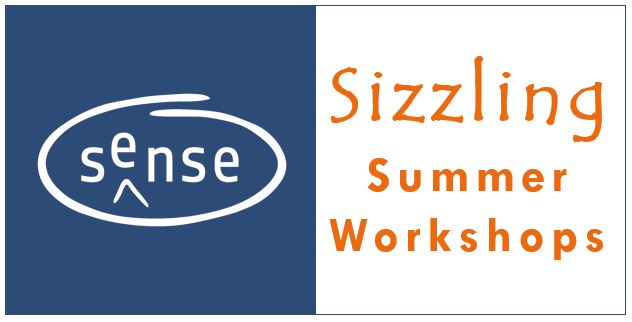2023 SENSE Professional Development Day
SENSE is pleased to announce our first in-person Professional Development Day since 2019!
The programme runs from 9:30 to 17:00 (doors open at 9:00), including tea/coffee breaks and lunch, with plenty of time for networking, catching up with colleagues and making new connections.
Date: 30 September 2023
Time: 9:00–17:00
Location: Park Plaza Hotel, Utrecht (a short walk from Utrecht Central Station)
Cost: Members who register by 31 August pay just €75 for this full-day event; Starting 1 September, members pay €95.
Non-members are also welcome. If you are not a member of SENSE, tickets for the Professional Development Day cost €150. Non-members who belong to one of our sister organizations can receive a 25% discount using their discount code.
To register: Click here.
Programme:
| 9:00–9:30 | Sign in, coffee/tea | |
| 9:30–9:45 | Welcome | |
| 9:45–11:00 | Write to reonnect – Matthew Curlewis | Editing slam – Danielle N. Carter & Nandini Bedi |
| 11:00–11:30 | Coffee/tea break with pop-up sessions on respeaking (Kerry Gilchrist), audio description (Carola Janssen) and subtitling (Pamela Williams) | |
| 11:30–12:45 | Poetry and song translation – Anne Oosthuizen | Grammar & punctuation refresher – Claire Niven |
| 12:45–13:45 | Lunch | |
| 13:45–14:30 | How to write great copy – Stephen Johnston | Transcreation – Branco van der Werf |
| 14:30–15:00 | Game localization – Melchior Philips | Music interpretation in sign language – Hanneke de Raaff & Mirjam Stolk |
| 15:00–15:30 | Coffee/tea break with pop-up sessions on respeaking (Kerry Gilchrist), audio description (Carola Janssen) and subtitling (Pamela Williams) | |
| 15:30–16:00 | Yoga while you work – Anne Hodgkinson | Creating an ergonomic workspace – Jenny Zonneveld |
| 16:00–16:15 | Closing | |
| 16:15 – ? | Drinks in the bar and mingling | |
2021 Professional Development Days (PDD)
Day 1: Saturday 18 September 2021, from 10:00 to 15:00
Day 2: Saturday 25 September 2021, from 13:00 to 17:15
With all-day networking available in the online networking platform Wonder.
Tickets cost €25 for SENSE members and €40 for non-members. The ticket grants access to both days.
IMPORTANT: If you have not yet registered for this event, you can still register for Day 2 of the event. Please visit the registration page for Day 2 to register for the second day of this event. If you have already registered for this event, your ticket is valid for both days. Members, remember to log in!
Are you not a SENSE member? Consider joining! You can find more information about joining SENSE here.
PDD Day 1: Saturday 18 September 10:00–15:00
| 10:00–10:15 | Welcome and announcements |
||
| 10:15–11:00 | Peer-to-peer knowledge-sharing Martina Abagnale, Anne Oosthuizen, and Danielle N. Carter |
||
| 11:00–11:10 | Break | ||
| 11:10–11:40 |
Intercultural business communication |
How the language industry has changed over the past 20 (or so) years John Linnegar |
How to increase your visibility and market your services (blogging as marketing) Claire Bacon |
| 11:40–11:50 | Break | ||
| 11:50–12:20 | Intercultural business communication (panel discussion, part 2) |
The freedom of freelancing: deciding on a digital nomad journey Maaike Leenders |
Spanish wine and translation: What could they possibly have in common? Rebecca Reddin |
| 12:20-12:30 | Break | ||
| 12:30–13:00 | On being a specialized generalist Jasper Pauwels |
Money management: why you should pay yourself a salary Martina Abagnale |
Personal branding: Lessons learnt through trial and (t)error Anne Oosthuizen |
| 13:00–13:40 | Tea break & networking on Wonder |
||
| 13:40–14:10 | What the SENSE Mentoring programme can do for you Nandini Bedi, Kate Sotejeff-Wilson, Jackie Senior, Jenny Zonneveld and Martina Abagnale (panel discussion, part 1) |
Working as collaborative translators in arts and culture Danielle N. Carter |
Keep track to keep up: organizing your workflow |
| 14:10–14:20 | Break | ||
| 14:20–14:50 | Mentorship (panel discussion, part 2) |
Editing slam! Daphne Visser-Lees and Curtis Barrett |
Prompt! Investing in creativity... |
| 14:50–15:00 | Closure, thanks, and announcements | ||
| 15:00–16:30 | Virtual afternoon tea and networking | ||
PDD Day 2: Saturday 25 September 13:00–17:15
| 13:00–13:10 | Welcome and announcements |
||
| 13:10–13:40 | Positive strategies to combat imposter syndrome John Linnegar, Naomi Gilchrist, Betsy Hedberg (panel discussion, part 1) |
An ergonomic workspace: keep fit while you work Jenny Zonneveld |
Prompt! Investing in creativity... Lizzie Kean and Carola Janssen |
| 13:40–13:50 | Break | ||
| 13:50–14:20 | Positive strategies to combat imposter's syndrome (panel discussion, part 2) |
Money management: why you should pay yourself a salary Martina Abagnale |
The freedom of freelancing: deciding on a digital nomad journey Maaike Leenders |
| 14:20–14:30 | Break | ||
| 14:30–15:00 | Spanish wine and translation: What could they possibly have in common? Rebecca Reddin |
Networking on Wonder |
De Back to Basics: Customer Service for Language Professionals Christy de Back |
| 15:00–15:40 | Tea break & networking on Wonder |
||
| 15:40–16:10 | Recognising and working with inductive/deductive communication styles Nandini Bedi |
How the language industry has changed over the past 20 (or so) years John Linnegar |
Language skills in global times (maintaining language pairs) Ellen Singer |
| 16:10–16:20 | Break | ||
| 16:20–16:50 | CPD: Changing professional development with Lloyd Bingham |
||
| 16:50–17:00 | Closure, thanks, and announcements | ||
| 17:15–19:00 | Virtual borrel and networking | ||
2021 Professional Development Days (PDD)
Day 1: Saturday 18 September 2021, from 10:00 to 15:00
Day 2: Saturday 25 September 2021, from 13:00 to 17:15
With all-day networking available in the online networking platform Wonder.
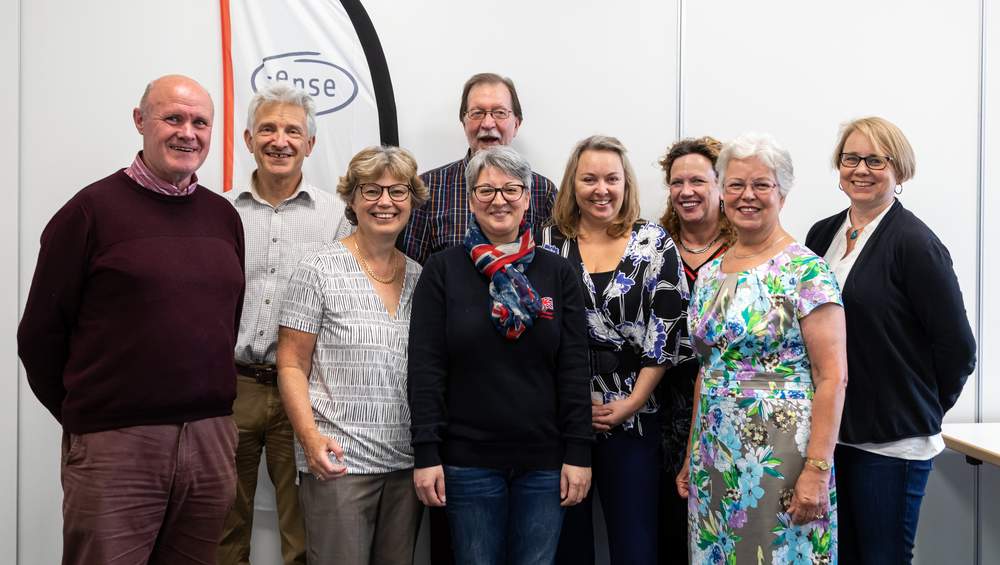
Come join us for our Professional Development Days, the biennial event in which SENSE members learn from (and with) other members. This year's programme is all about horizontal knowledge-sharing and learning from your peers throughout your career.
Topics include digital nomadism, the linguistics of wine, branding to money management, balancing multiple niches, collaborative translation, intercultural communication, the SENSE mentoring programme, and battling imposter’s syndrome.
We open with a plenary session called "Peer-to-peer knowledge-sharing" on day 1 and close with a plenary session called "CPD: Changing professional development" on day 2. Choose up to nine out of 18 possible elective sessions that match your interests. And if none of the sessions interest you at any time, head on over a virtual watercooler to network with other members while you wait.
There are three panel discussions:
- Intercultural business communication (Day 1, morning)
- The SENSE mentoring programme (Day 1, afternoon)
- Strategies to combat imposter's syndrome (Day 2, afternoon)
Six electives are available on both days:
- How the language industry has changed over the past 20 (or so) years
- The freedom of freelancing – deciding on a digital nomad journey
- Spanish wine and translation: what could they possibly have in common?
- How to be a specialised generalist
- Money management: does your "boss" treat you well?
- What gives you energy? And how do you earn a living doing that?
And nine other electives to choose from:
- Recognising and working with inductive/deductive communication styles
- How to increase your visibility and market your services
- Working as collaborative translators in arts and culture
- Maintaining language pairs
- Personal branding: Lessons learnt through trial and (t)error
- An ergonomic workspace: keep fit while you work
- An editing slam
- Keep track to keep up: organizing your workflow
- (and a session yet to be confirmed by Christy de Back)
Of course, we haven’t forgotten about the social aspect. An unmoderated Wonder room will be available throughout the two days to allow for networking and mingling with old colleagues and new faces on the SENSE scene. At the end of each day, we’ll have a moderated networking session.
Sign up
Tickets cost €25 for SENSE members and €40 for non-members. The ticket grants access to both days.
IMPORTANT: If you have not yet registered for this event, you can still register for Day 2 of the event. Please visit the registration page for Day 2 to register for the second day of this event. If you have already registered for this event, your ticket is valid for both days. Members, remember to log in!
Are you not a SENSE member? Consider joining! You can find more information about joining SENSE here.
Click here for the programme.
Click here to register.
Terminology extraction and management
Angelika Zerfass
Week 30, 29 July 2021, 15:00–17:00
During this webinar, Angelika will be posing and providing answers to the following questions:
• What is a term (the view of the terminologist versus real life)?
• How are term bases structured, i.e. what kind of information can you save with your terms?
• How do you go about collecting terminology in your translation tool?
• Importing/Exporting term lists (how to structure the import list for easy import).
• How do translation tools recognize terms from the term base in the documents (settings)?
• How do translation tools check whether (forbidden) terms have been used in the translation?
• Extracting terms from text (with and without a term extraction tool).
Click here to register
About the presenter
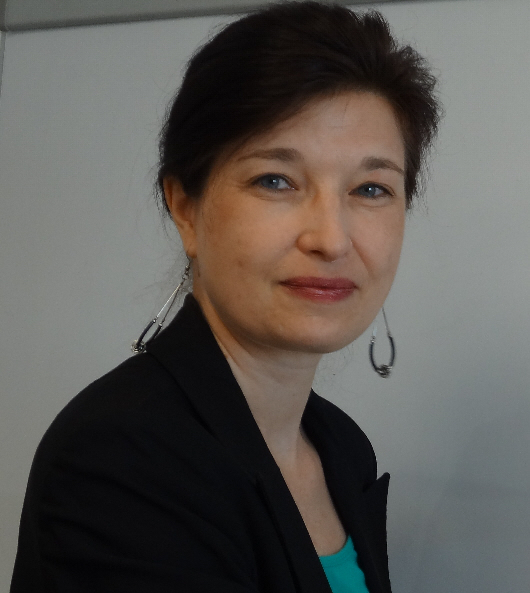
After her studies at the University of Bonn, Germany (translation degree in Chinese, Japanese and Computational Linguistics), Angelika Zerfass worked for the Japanese Embassy in Bonn and then for Trados (1997-2000) as a training and support specialist in Japan, Ireland and the US. In 2000, Angelika started her own business for training, consultancy and technical support. Since then, she has been working as an independent consultant and trainer for translation tools and technologies, located in Germany. She is also a frequent speaker at conferences all over the world.
The plain truth: applying Plain Language to creating accessible, user-friendly texts
John Linnegar
Week 31, 7 August 2021, 10:00–13:00
PLAIN (the international association of plain-language professionals) has drafted this definition:
‘A written communication is in plain language if its wording, structure, and design are so clear that the intended readers can easily find what they need, understand it, and use it.”
This requires authors to make informed judgments about whether the text (”wording”) is clear enough. It also means using good organisation (“structure”) and layout (“design”) to help them navigate.’
During this webinar, the aim will be to help practitioners learn how to harness Plain Language (or plain English) principles to improve the flow, accessibility and easy comprehension of authors’ texts. The aim is to introduce participants to a suite of handy Plain Language techniques with which to turn verbose, high-register texts into those that the identified readers will find accessible and understandable at first reading.
‘The message is important, not the fancy language wrapped around it.’
(George Orwell)
It’s astonishing how many writers feel they need to ‘dress up’ their writing to the extent that they lose their natural (aka plain) voice completely! Their reasons are no doubt many: from wanting to impress to needing to sound important or authoritative – and sometimes even because their boss or professor ‘writes like that, so it must be good’! But in this day and age we should rather be ‘dressing down’ writing to make it more accessible and flow better. Where writers themselves are incapable of doing so, the task usually falls to us wordsmiths to dress (not dumb!) writing down.
We need to make authors’ words clear and straightforward, using only as many words as are necessary. Plain Language helps us to do so by dispensing with the ‘fancy language wrapped around [their words]’: obscurity, inflated vocabulary and convoluted sentence constructions. Applying Plain Language principles systematically, our aim is to render the authors’ messages readily understood at first reading.
By the end of this online workshop you will be able, with confidence, to:
● convert long, complex sentences into shorter compound or simple ones;
● replace, where possible, passive voice (O-V-S) constructions with active ones (S-V-O);
● remove embedded clauses from complex sentences;
● replace ‘difficult’ polysyllabic words and jargon with more everyday, accessible synonyms (eg ‘remuneration’ with ‘pay’ or ‘wage’);
● make impenetrable noun strings accessible by inserting prepositions and articles into them;
● supplant nounisms (nominalisations) with healthier vigorous verb equivalents (eg ‘invitation’ with ‘invite’);
● dispense with archaisms such as ‘aforesaid’, ‘herein’, ‘thereby’, ‘whereafter’;
● find ways to introduce useful visual elements (eg lists). Fundamentally, we wordsmiths will be asking – and answering – the questions ‘Who is the audience?’ and ‘What are their needs?’ In so doing, we’ll be using the reader-centric approach authors should have adopted.
Click here to register
About the presenter
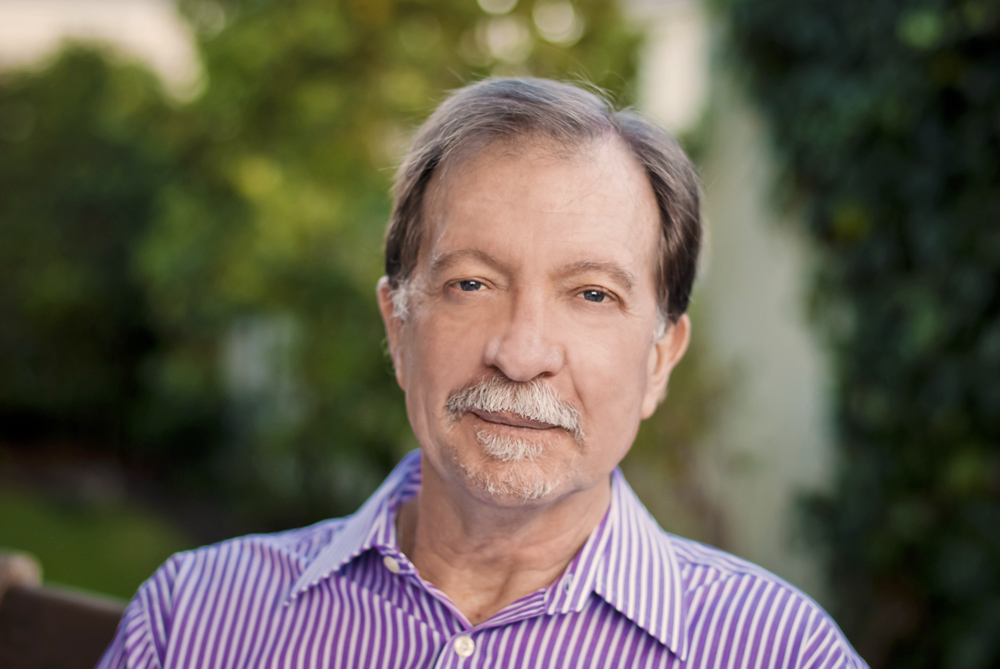
John Linnegar began his career as a teacher of English, History and Mathematics. His passion for working with words was ignited by his high school teachers of English, Latin and German. Those strong grammatical foundations combined with a love of his mother tongue led him towards authorship and, as a direct result, towards improving authors’ texts for publication. He has been an avid ‘improver of authors’ words’ for four decades now, and remains dedicated to making their texts read as clearly as possible (and in the process saving a reputation or two!).
John is author of several texts dealing with matters grammatical and stylistic, including contributions to the Oxford English grammar: The advanced guide (OUP, 2015) and, most recently, with Ken McGillivray, grammar, punctuation and all that jazz . . . (MLA Publishers, 2019). He currently offers a personalised ‘online’ Grammar for Editors course aimed at those who need to brush up their English grammar and an online training course on Plain Language.
Excel tips for self-employed language professionals
Maya Berger
Week 28, 13 July 2021, 14:00–17:00
When a client approaches you about a new editing job, wouldn’t it be great if you had a tool to help you:
● quote a fair rate and accurate timeframe for the project;
● track whether you get paid on time;
● compare your estimated hourly rate and editing speed with your actual rate and speed; and
● analyse how valuable this client is for your business?
Wouldn’t it be greater if this tool was already on your computer, included in your Microsoft Office suite? And wouldn’t it be even greater if this tool didn’t intimidate and baffle you?
Whether you’re already spreadsheet savvy or you’ve never used Excel before, this workshop will show you how you can harness Excel’s functionality to manage your freelance editorial business confidently and professionally.
In this workshop, I will show you how to manage your income, expenses, and project data in Excel and take the guesswork out of running your business. It will cover:
● An introduction to Excel basics and terminology.
● Using Excel to track project income, editing speed, average rates and more.
● Your business data at a glance, with summaries and charts.
● Excel troubleshooting tips.
Click here to register
About the presenter
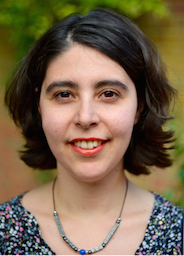
Maya Berger launched The Editor’s Affairs (TEA) in May 2020 with the aim of helping fellow freelance editors keep their business affairs in order. She is a CIEP Advanced Professional Member, and she gave seminars at the 2020 CIEP annual conference and the 2018 and 2019 SfEP annual conferences. She has also appeared as a guest on The Editing Podcast. Maya specialises in copy-editing and proofreading speculative fiction, erotica and academic texts in the humanities and social sciences.
After spending 13 years in the UK, Maya returned to her native Canada in October 2017 with her cat and editorial assistant, Idris. She currently lives and works in Toronto.
maya.berger@gmail.com | www.whatimeantosay.com | LinkedIn: https://www.linkedin.com/in/mayaberger/ | Twitter: @MayaBerger
Setting up Word styles and table of contents (ToC)
Monica Bosman
Week 26, 28 June 2021, 14:00–17:30
During this webinar, participants will be introduced to Word styles as a useful tool for saving formatting time and ensuring formatting consistency. They will learn how to set up and apply a new paragraph or heading style and how to modify it later, and how to insert an automatic table of contents once heading styles have been applied.
The main focus of this webinar will be on the most prominent aspects of setting up and applying a style, such as using the Styles pane and the Modify dialogue. It will also be an opportunity to answer participants’ questions relating to Word styles.
Since heading styles are so useful for inserting a table of contents, Monica will also show participants how to insert one at an elementary level. However, the workshop will not deal with the complexities of tables of contents.
People who register for this workshop will receive pre-webinar exercises to complete in advance of 28 June. The exercises will guide them around the Word workspace as it relates to styles so that they will already know their way around when we start and can follow the demonstration more easily. It will also prepare them for a short poll to be taken at the start of the webinar.
The workshop will entail a practical demonstration and some participants may want to follow along on their own version of Word for PC. For this purpose, there will be a technical introduction to help them split their screens or toggle between Zoom and Word. Those who want to follow along in this way should please open the pre-webinar exercise in Word before they sign in to the meeting – it will be used as the demo document.
Click here to register
About the presenter
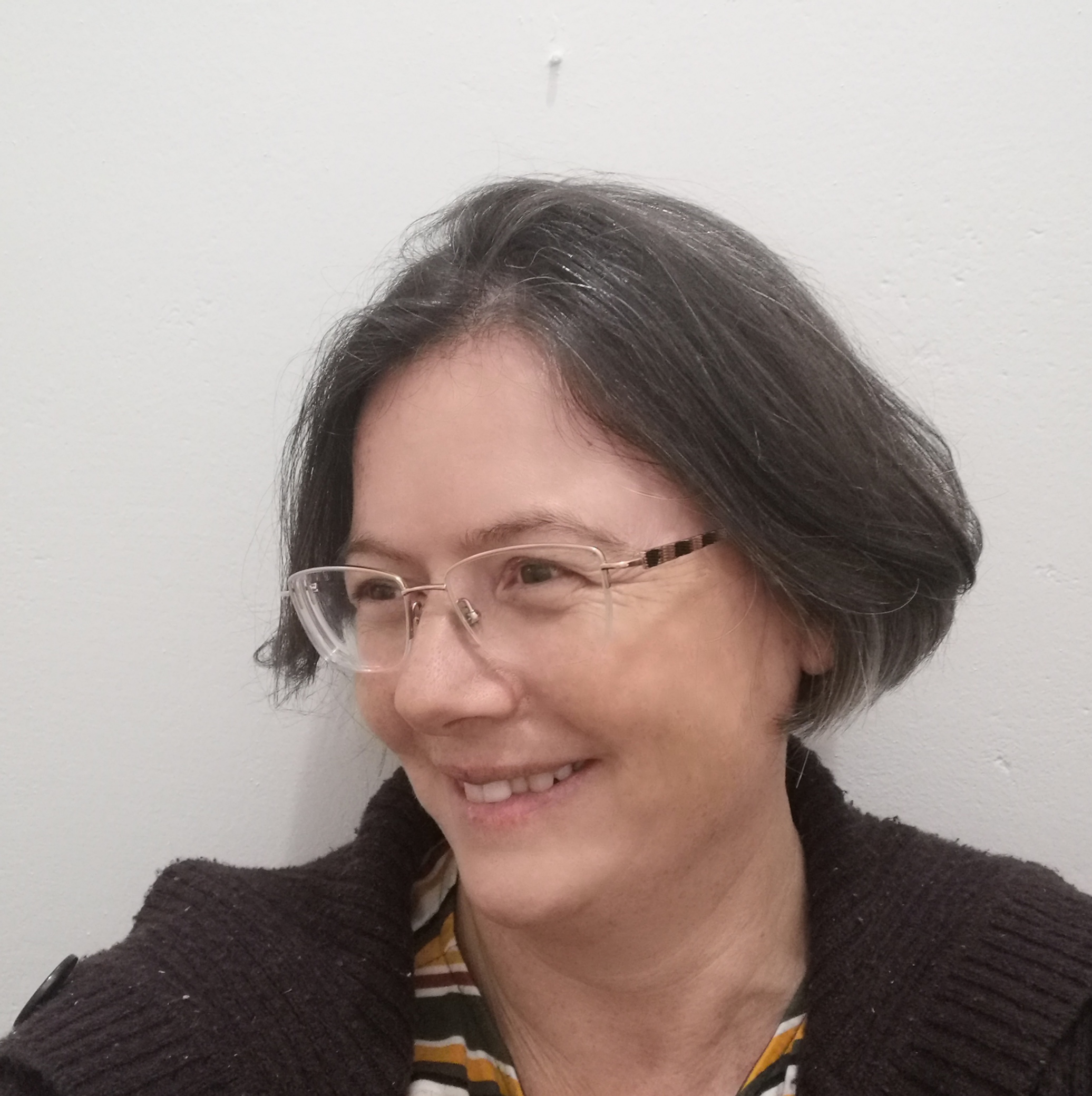
Monica Bosman studied languages, general linguistics and teaching at university. She began her working life as an English teacher and later became a linguistics lecturer at university level. In 2008, she ventured out on her own as a language practitioner, completing copy-editing and proofreading courses to prepare the way. Since then, she has been a member of the Professional Editors’ Guild.
Being interested in visual design, she also tries her hand at layout, typesetting and graphic design whenever the occasion arises. This is ultimately what led to her interest in mastering the Word Styles functionality, modification and application to document design and layout – and to using Styles as efficiently as possible.
Her other interests include gardening, herbal remedies and aromatherapy. Two fiery redheads and a feisty budgerigar share her space.
Macros by the tourist route
Paul Beverley
Week 27, Friday, 9 July 2021
Morning session: 11:00–13:00
Afternoon session: 13:45–15:00
During the past year, I’ve been working with a team of editors, with the aim of setting up a website to present the macros, and providing training materials to help people learn to use macros in editing.
The project is ongoing and the website isn’t yet available, but by working with editors/trainers who have only been using macros for a relatively short time, I have developed a get-you-started technique called “Macros by the tourist route” (MTR), that is, not too steep, so that the less technically minded editor can make it up the macro slope!
The training session will start with MTR in its two incarnations: PC and Mac. We will go on to give some pointers as to where to go next. Rome (and macro-enabled editing) wasn’t built in a day, but we can at least lay some firm foundations, and give you a blueprint for your future professional development.
Macros by the tourist route is a self-directed workshop (download it here for Windows or here for Mac), so if you were to have a go with it before the session then you’d get even more out of the day itself. (Compared to last year’s online workshop, this will start more slowly, but take you further along the same general direction. If you did last year’s training but are still not using macros regularly, then you should find this session helpful.)
Click here to register
About the presenter
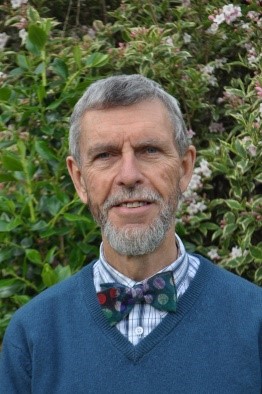
Paul Beverley has been creating macros for use by editors and proofreaders for over 15 years. The macros (more than 800 of them) are freely available via his website and are used in over 50 countries. In his ‘spare time’, he edits technical books on a professional basis because, despite having pension income, he enjoys editing far too much to stop altogether. He has also recorded over 150 videos, so that you can see the macros in action.
He lives in Norwich, UK, with his lovely wife, Sue, has two sons – one a programmer(!) and the other an international educational consultant – who have given him two lovely daughters-in-law and five adorable grandchildren. He considers himself well blessed indeed!
Search engine optimization (SEO) for translators
David Garcia Ruiz
Week 23, Thursday, 10 June 2021, 14:00–17:00
In the first part of the workshop, David will explain the mandatory things translators need to know about SEO. Then he will lead the participants through a variety of different activities where attendees will practise their skills to learn how to do keyword research, SEO translation and content optimisation, among other tasks. This webinar may well be of interest to non-translators who nevertheless want to learn more about taking SEO into consideration when creating text for the web environment.
Click here to register
About the presenter
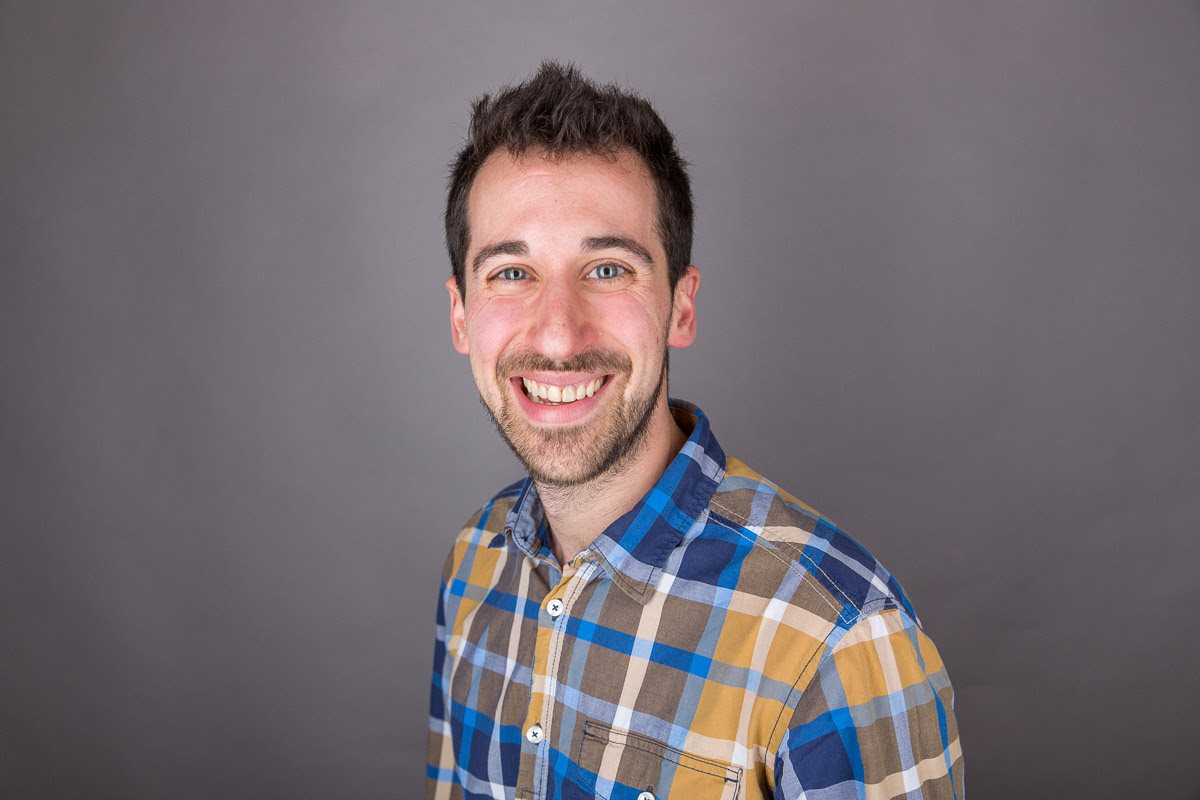
Born and raised in Spain and now resident in the UK, David Garcia Ruiz has provided multilingual SEO services since 2015. He has presented at several events for groups of professionals wanting to learn more about optimising their website content for global markets. He holds an MA in Translation from Swansea University and is a Qualified Member of the Institute of Translation & Interpreting (ITI), as well as a Member of the Chartered Institute of Linguists (CIOL).
Sizzling Summer Workshops 2021 Programme
Please note that programme elements may be subject to change.
Tip! On your smartphone, scroll left and right to see all the columns.
| Date | Topic | Fee | Register link |
| Week 23 Thursday, 10 June 2021 14:00–17:00 |
David Garcia Ruiz Search engine optimization (SEO) for translators |
1 unit | (registration closed) |
| Week 26 28 June 2021 14:00–17:30 |
Monica Bosman Setting up Word Styles and table of contents (ToC) |
1 unit | Click here to register |
| Week 27 Friday, 9 July 11:00–13:00; 13:45–15:00 |
Paul Beverley Macros by the tourist route |
1 unit |
Click here to register |
| Week 28 13 July 2021 14:00–17:00 |
Maya Bergers |
1 unit | Click here to register |
| Week 30 29 July 2021 15:00–17:00 |
Angelika Zerfass |
1 unit | Click here to register |
| Week 31 7 August 2021 10:00–13:00 |
John Linnegar The plain truth: applying Plain Language to creating accessible, user-friendly texts |
1 unit | Click here to register |
Workshop fees
| Fee per unit | |
| SENSE members | € 30.00 |
| Members of sister societies* | € 45.00 |
| Non-members | € 60.00 |
Members and non-members pay different fees to attend the online conference and workshops (membership costs only € 80 per year).
* MET, NEaT, APTRAD, EASE, ADÜ Nord
SENSE is not registered for VAT and does not charge VAT.
Please note that programme elements may be subject to change.
Tip! On your smartphone, scroll left and right to see all the columns.
